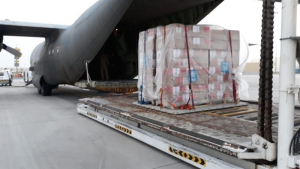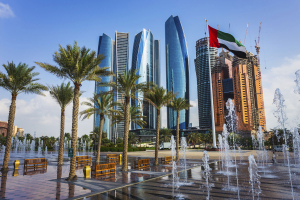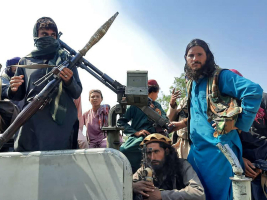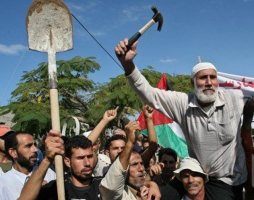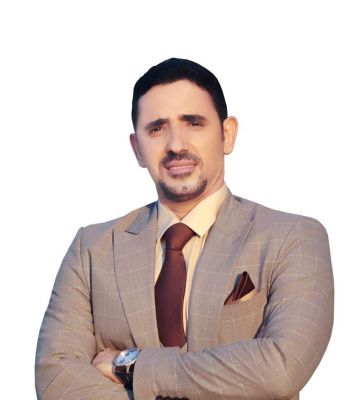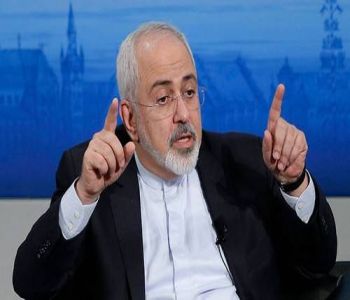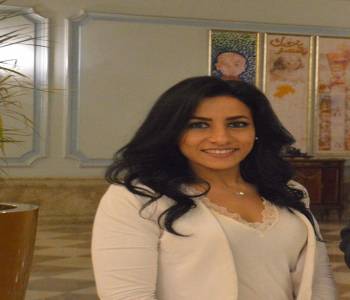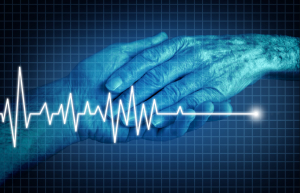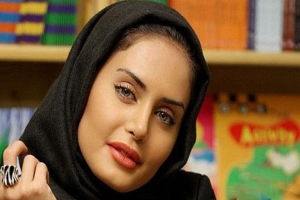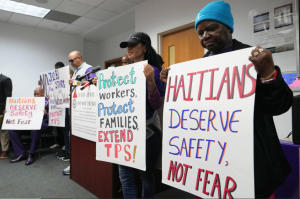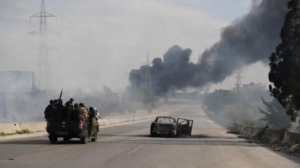Emirati Women’s Day: the power of women in the UAE’s nuclear field
Emirati Women’s Day: the power of women in the UAE’s nuclear field
For decades, Emirati women have personified the nation’s progress and have been continuously supported and empowered by the leadership of the UAE.
The late Sheikh Zayed, the Founding Father, was visionary in his approach, leading the way in empowering women and highlighting the importance of equality in terms of access to education and career opportunities. As a result, Emirati women began travelling abroad in the 1970s to complete their education and attain their degrees so they could contribute to the development of nation, which was formed 50 years ago in 1971.
The advancement of Emirati women has been championed by Sheikha Fatima bint Mubarak, Chairwoman of the General Women’s Union, and affectionately known as the Mother of the Nation. She has been at the centre of women’s participation and achievements in the UAE government and economy. Many inspirational women have followed her example and made their mark, including the UAE’s latest accomplishment of being the first in the Arab world to generate clean electricity through nuclear energy.
It goes without saying that the UAE’s nuclear energy industry would simply not be feasible without women’s participation across all aspects of our programme – from reactor operations, fuel cycle engineering, simulator training and quality assurance, to risk management, HR and strategy. Women’s skills contribute to our industry’s workforce. Emirati women are swiftly closing the talent gap and supporting the nation’s continued growth and development.
Twelve years ago, the UAE Peaceful Nuclear Energy Programme was at the stage of inception. Today, as we celebrate Emirati Women’s Day, I have a lot to celebrate and feel proud of. Looking out onto the vast Barakah Nuclear Energy Plant in Al Dhafrah region, a plant that has today started up its second of the four units, with an operating crew that includes female reactor operators, provides an opportunity to reflect on the journey that has brought us to this moment.
Beyond the sophisticated technology and the scale of the construction project we have delivered, it is the people who deliver and who have made this project a reality that I am most proud of. We now have a team of more than 3,000 people, 60 per cent of whom are Emiratis and 20 per cent are women. This is one of the highest percentages of females across the nuclear energy industry globally, and women professionals are truly making the change in the UAE’s nuclear sector.
Without question, one of the most rewarding aspects of the past decade has been witnessing this generation of female pioneers play a leading role in our burgeoning nuclear energy sector. Back in 2009, when the Emirates Nuclear Energy Corporation (ENEC) was formed, there were no Emirati women in the nuclear field, and no role models for this generation of women to look up to; they were the first – true trailblazers for the UAE’s nuclear industry.
This is mirrored in countless sectors across the UAE. In the year of the nation’s golden jubilee, the government has made the empowerment of women a national priority. Emirati women constitute 50 per cent of the seats at the Federal National Council and make up 27 per cent of the ministerial assembly, with nine female ministers. Overall in the UAE, women make up around 46.6 per cent of the total labour force; 23,000 Emirati businesswomen run projects worth more than Dh50 billion ($1.36 billion approx), and occupy 15 per cent of board positions in chambers of commerce and industry in the UAE.
The statistics I find most encouraging, however, are: 77 per cent of Emirati women enrol in higher education and make up 70 per cent of all university graduates in the UAE. Impressively, 56 per cent of the UAE’s graduates in Stem (science, technology, engineering and mathematics) courses at government universities are women. The UAE is now a regional leader in this arena, ranking number one for gender equality in the Arab World, according to the World Economic Forum’s 2020 Global Gender Gap report.
And why is women’s participation so crucial? According to gender diversity studies conducted by Boston Consulting Group, companies that have gender-balanced workforces and leadership teams are more creative, innovative and resilient. Diverse companies also derive 36 per cent more revenue from innovation, and companies in the top quartile for women board members outperform those in the bottom quartile by 66 per cent, when it comes to return on invested capital. Inclusion and diversity result in not just an improved workforce, but in stronger communities and more resilient economies.
While the UAE’s nuclear energy industry regards women as champions, the wider energy international industry remains the least gender diverse sector of the global economy. According to the IEA, women represent 48 per cent of the global work force, only 22 per cent of the labour force in the oil and gas sector, 32 per cent in renewables and 22 per cent in nuclear. And they make up just under 14 per cent of senior managers.
As our world faces its greatest ever challenge – tackling climate change and transitioning to a low-carbon economy – we need solutions that are inclusive, innovative and sustainable. Gender equity has never been more important than it is today. This global issue is being addressed by the UAE on an accelerated timeframe. And as a new nuclear nation, we have established a strong benchmark for gender diversity, and the future of women in Stem fields is promising.
The UAE’s role in promoting nuclear sciences amongst women was highlighted in 2016, when we hosted the 24th Global Annual Conference of the Women in Nuclear (WiN), a first for the region, with 700 attendees from 56 countries. Young Emirati women at Emirates Nuclear Energy Corporation (Enec) have also benefited from the expertise of international advisors and role models, such as Agneta Rising, ex-director general of the World Nuclear Association, and the late Lady Barbara Judge, who have provided valuable input for the UAE programme.
As both chief executive of Enec and a father of four bright and determined daughters, I am proud of the achievements of Emirati women. To support their future success, Enec encourages women to pursue education and careers in nuclear-related fields, as well as to raise awareness of Stem subjects through initiatives such as WiN UAE Chapter and sponsorships that develop talent. But we must, and we shall continue, to do more.
To the Emirati women who work in the UAE Nuclear Peaceful Nuclear Energy Programme, our colleagues and friends, thank you for your talent, dedication and your passion for what you do, and for being such inspirational role models for the next generation of women across the nation and the Arab world.
Mohamed Al Hammadi is the chief executive of the Emirates Nuclear Energy Corporation



